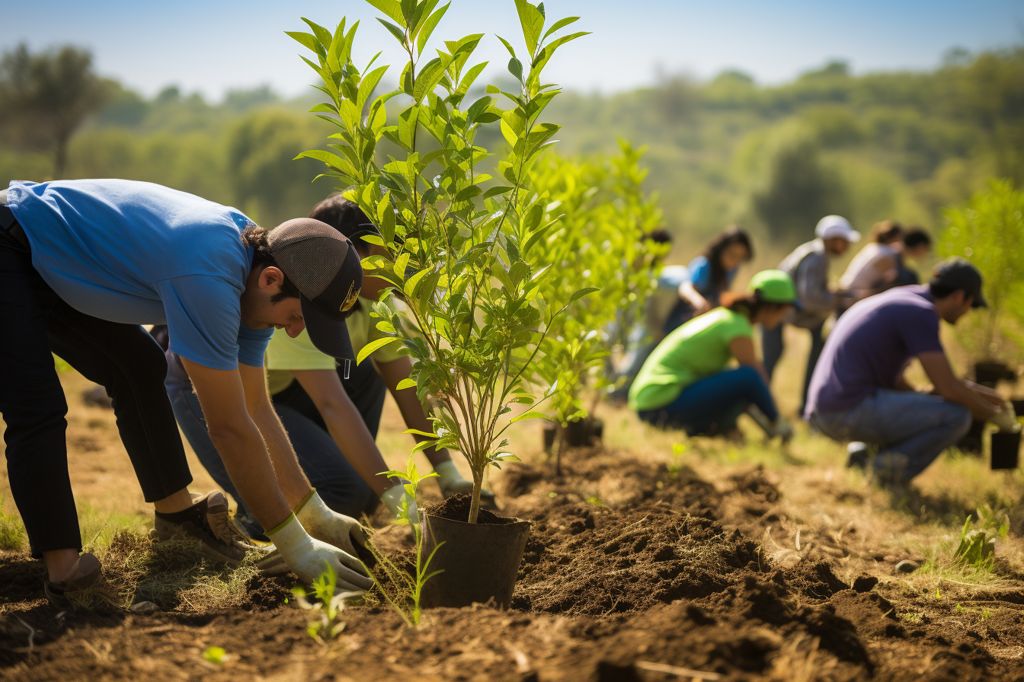South Africa is a nation with abundant mineral resources, and yet the issue of illegal mining continues to pose a significant problem. In response, the Government Communication and Information System (GCIS) has decided to organize a webinar that will address the impact and implications of illegal mining in the country. This article highlights the key issues that illegal mining presents and explores how the GCIS webinar aims to offer solutions by engaging different stakeholders.
The Problem of Illegal Mining in South Africa
Illegal mining, also known as “artisanal mining” or “Zama Zama,” is a significant problem in South Africa. It not only depletes the country’s resources but also poses severe environmental, social, and economic challenges. Unsanctioned and unregulated, these activities threaten the formal mining sector, undermine the rule of law, and jeopardize the safety of mining communities.
The GCIS Webinar: Addressing the Multifaceted Challenges of Illegal Mining
The GCIS will host a webinar on Thursday, 17th August 2023, to discuss the impact of illegal mining in South Africa. Through this platform, experts and key stakeholders will share their knowledge and insights on the issue and offer possible solutions to curb the practice. The event will be held through Zoom and is open to the media and the public. Additionally, the webinar will be streamed live on the Government YouTube channel, making it accessible to audiences worldwide.
The Environmental, Social, and Economic Impacts of Illegal Mining
Illegal mining presents multifaceted challenges that affect the environment, society, and the economy. One of the primary concerns surrounding illegal mining is its detrimental effect on the environment. Unauthorized practices often result in water and soil pollution, deforestation, and the destruction of ecosystems. With limited regard for environmental regulations, illegal miners frequently use hazardous chemicals, such as mercury and cyanide, which can have long-term consequences for the surrounding communities and natural habitats.
Socially, illegal mining leads to a host of issues, including forced labor, human trafficking, child labor, and the exploitation of vulnerable populations. These mining camps are often rife with crime and violence, as illegal miners have little to no protection from the law. Furthermore, the unregulated nature of the activity exacerbates health and safety risks, leading to severe injuries and even fatalities.
Economically, illegal mining drains valuable resources, affecting both the local and national economy. The government loses out on revenue from taxes, royalties, and exports, while legitimate mining companies face unfair competition. Moreover, illegal mining activities can deter foreign investments in the sector, further hindering the country’s economic growth.
Collaborating to Combat Illegal Mining
The GCIS webinar aims to address these multifaceted challenges by initiating a dialogue between various stakeholders, from government agencies to private sector entities. This collaboration is vital in devising and implementing effective policies and interventions to combat illegal mining. The webinar also seeks to educate the public about the grave consequences of this phenomenon, hoping to garner support for the cause.
Participating in the GCIS Webinar
To participate in the webinar, attendees must register through the provided Zoom link. The event offers an opportunity for the media and the public to engage with experts in the field and contribute to the ongoing discourse about illegal mining in South Africa. By raising awareness and fostering constructive discussions, the GCIS hopes to pave the way toward a more secure and sustainable mining industry in the country.
The GCIS webinar serves as a timely reminder of the urgent need to address the issue of illegal mining in South Africa. As the country continues to battle this problem, events like this webinar can play a crucial role in bringing different stakeholders together and formulating effective strategies to protect the environment, society, and the economy.








